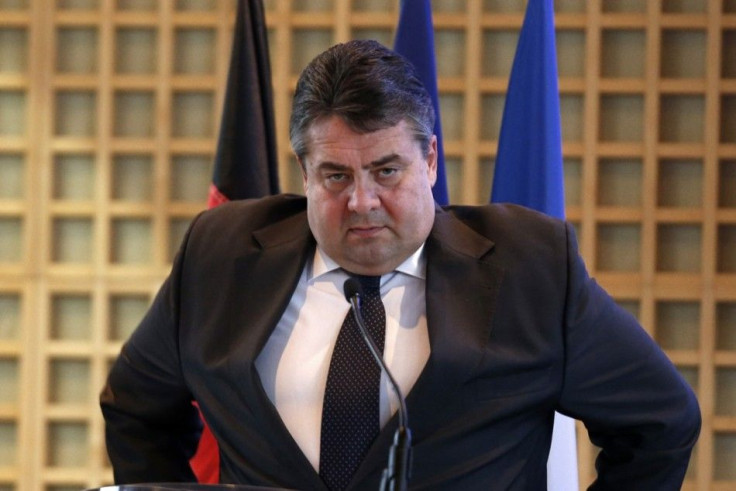More Anti-Russian Sanctions Will Ultimately Cripple Europe – German Vice-Chancellor

Sigmar Gabriel, German Vice-Chancellor, Economic Affairs and Energy Minister, has sounded the warning bells, saying more anti-Russian sanctions will "provoke an even more dangerous situation for all of us in Europe."
He blasted entities or individuals who are after the idea of imposing more sanctions against Russia aren't actually helping solve the Ukraine crisis. "Those who are seeking to even more destabilize Russia from the economic and political point of view are pursuing quite different goals."
He said when the sanctions were first thought in 2014, after Russia incorporated Crimea in mid-March 2014 after the February 2014 coup, the goal was to push Moscow to sit in the table, along with other nations, and try to negotiate for a peaceful resolution to the crisis in Ukraine. The first batch of Western sanctions targeted Russian officials and companies, which included visa bans and asset freezes.
Moscow denied it had any hand in Crimea's reunification with Russia, and maintained it was the choice of the latter. Definitely irked, the West slapped a new round of sectoral, restrictions against Russia in late July 2014. This time, Russia retaliated, imposing on August 2014 a one-year ban on imports that targeted the beef, pork, poultry, fish, cheeses, fruit, vegetables and dairy products from Australia, Canada, the European Union, the United States and Norway. In September 2014, it again received new punitive measures from the West.
But Gabriel believed the goals of some in the United States and even in the European Union is to "floor their superpower rival." He cautioned and reminded them that such actions will not be in the interest of the survival of the entire European continent
"The goal was never to push Russia politically and economically into chaos," Gabriel said in an interview on Sunday with the Bild am Sonntag newspaper. "We want to help solve the conflict in Ukraine, not to force Russia to its knees."
He warned sanctions after sanctions against Russia may push it to withhold itself from coordinating and working towards the resolution of conflicts. This will have "very dangerous consequences for the entire world."
As early as August 2014, the National Federation of Unions of Agricultural Operators, France's largest farming association, said Russia's ban will push Europe into a market crisis. Russia's biggest food suppliers in the EU come from the Netherlands, Germany, and Poland, according to RT News.





















